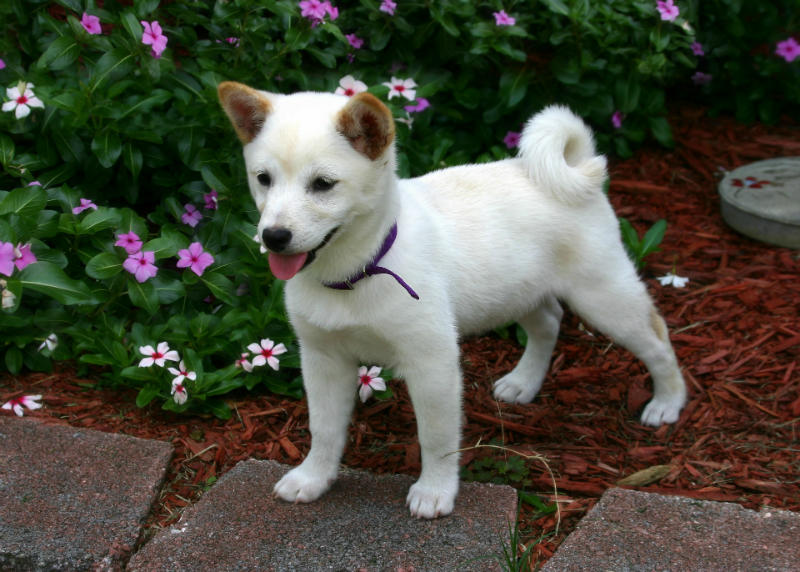
Butter or Ghee is a very common commodity which is used on a daily basis especially in the Indian households. Butter/Ghee helps in frying and searing various food items and also help in bringing out a distinct flavor in numerous recipes. It is used in the kitchens all around the world for various purposes like baking, preparation of different sauces, cooking vegetables et cetera. Butter and Ghee both contain a lot element inside them, some nutritious and some unwholesome, which can have different effects on the consumer’s body depending on the amount of butter/ghee ingested by a particular person. The nutritional breakdown of Butter/Ghee below represents all the important constituents that are present inside both of them.
|
Calories |
********** |
|
Proteins |
* |
|
Fat |
******** |
|
Cholesterol |
******* |
|
Vitamin A (Butter and Ghee) |
***** |
|
Vitamin D (Butter) |
** |
|
Vitamin B12 (Butter) |
* |
|
Vitamin E (Ghee) |
** |
|
Vitamin K (Ghee) |
** |
As we can see, Butter/Ghee do contain a good amount Vitamins inside them, but the fat concentration and the number of calories present in them can’t be ignored. Human beings can handle such a level of fat content to a certain degree as our body is able to digest fat more efficiently as compared to other beings such as our dogs. And, talking about dogs, we should direct our attention towards the burning question which is also the topic of this article; can we feed butter/ghee to our dogs or not? is it good for their health or will the extra calories and fat content be harmful to their body?
Now, the simple answer to the above questions is NO! Butter/Ghee should not be fed to the canines as it is not that beneficial for their overall health and the high amount of fat present in them is immensely harmful for a doggy. A small spoon of Butter/Ghee will not be toxic for a canine and can provide various vitamins to them, but the unhealthy elements present inside them overpowers the effect of nutritious constituents and therefore it is too much of a risk to feed Butter/Ghee to a dog. And, the nutritional and healthy elements like Vitamins A, D, K, E (contained in Butter/Ghee) can all be provided in some other forms to a dog. The table below depicts all the healthy alternatives of Butter/Ghee that could be fed to the canines to provide them with the nutrients that they could get by having Butter/Ghee.
|
Vitamin A |
Egg, Green Vegetables, Orange, Tomato etc. |
|
Vitamin B12 |
Meat, Tuna, Eggs, Milk and Milk Products etc. |
|
Vitamin D |
Salmon, Tuna, Milk, Orange Juice, Dairy Product etc. |
|
Vitamin E |
Spinach, Broccoli, Healthy Nuts etc. |
|
Vitamin K |
Cauliflower, Cabbage, Fish, Eggs etc. |
Now, as we stated Butter/Ghee can be very harmful for a dog, but what are the specific risks that are associated with feeding butter/Ghee to a canine. The section below sheds some light on the possible deleterious effects of these greasy and unhealthy substances on our pooches.
A dog owner must look for other healthy alternatives and should always keep their little buddies far away from Butter/Ghee as these fatty substances provide little to no benefits to a dog and instead can cause various dangerous health problems like heart diseases, Kidney issues in the canines. It is true that very small amounts of Butter/Ghee will not be toxic for your furry friend but why feed something that does more harm than good, when you could be providing a whole lot of different substances like Milk, Fruits, Vegetables et cetera which are enormously more advantageous for your four-legged companion.